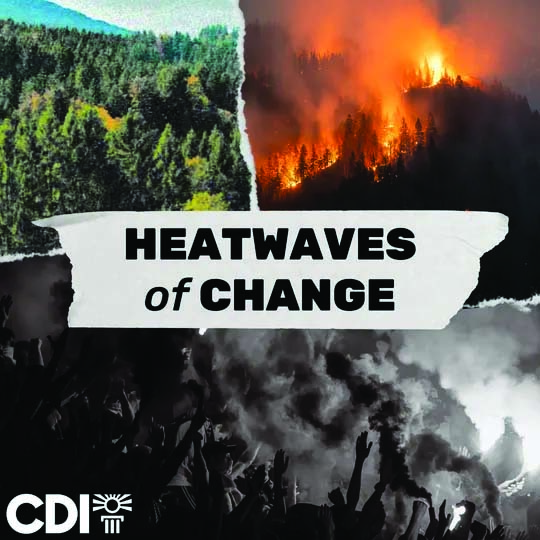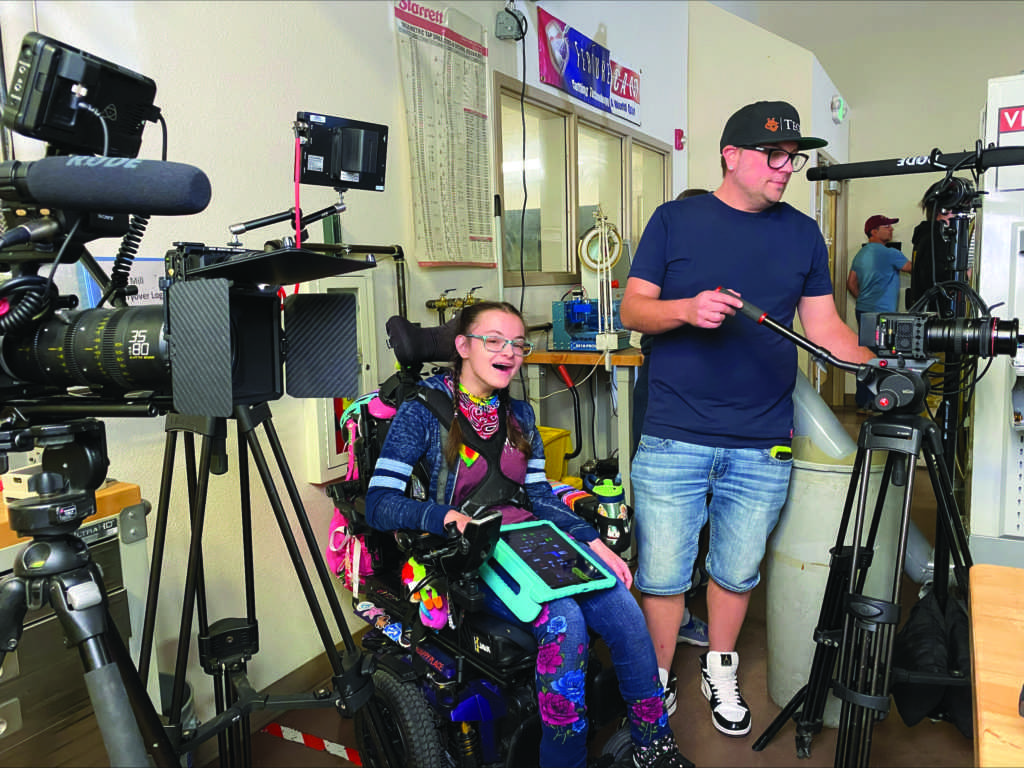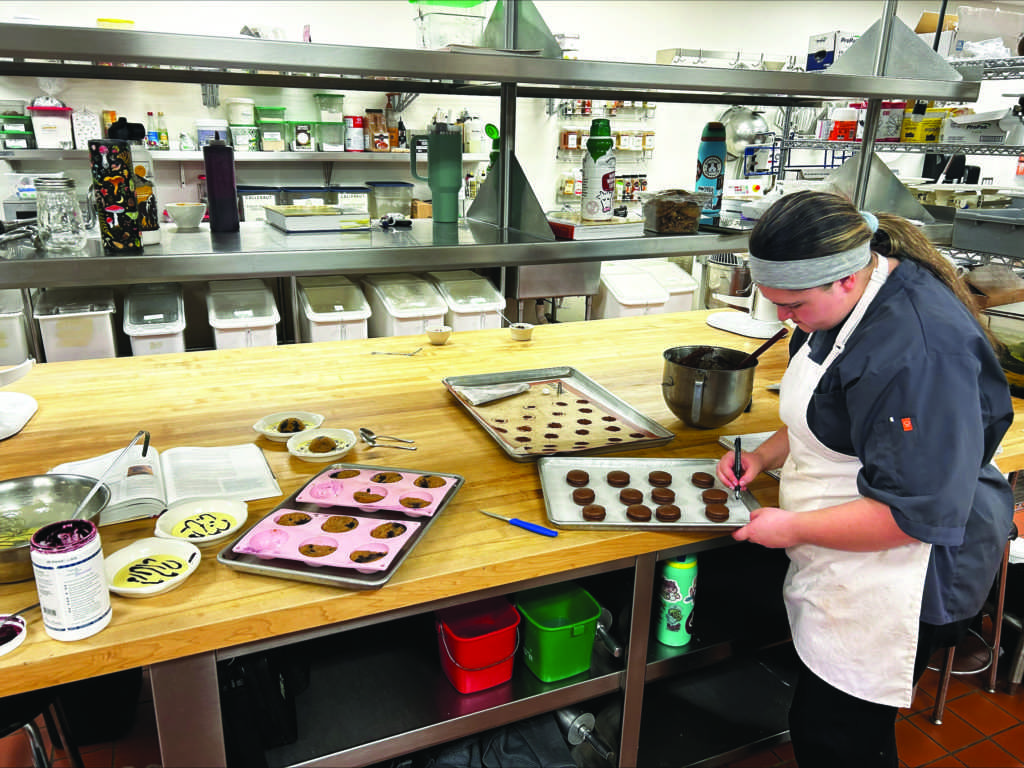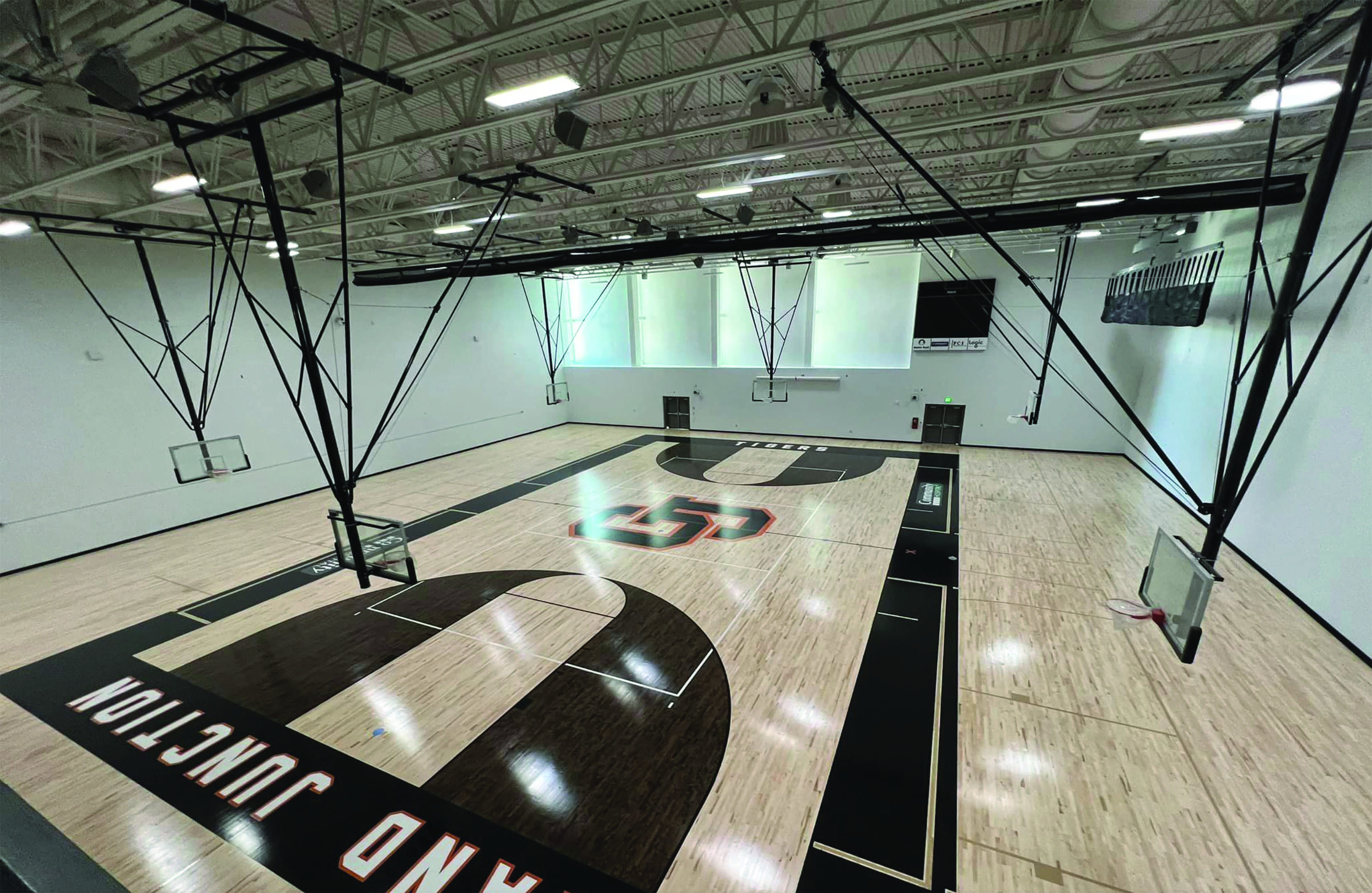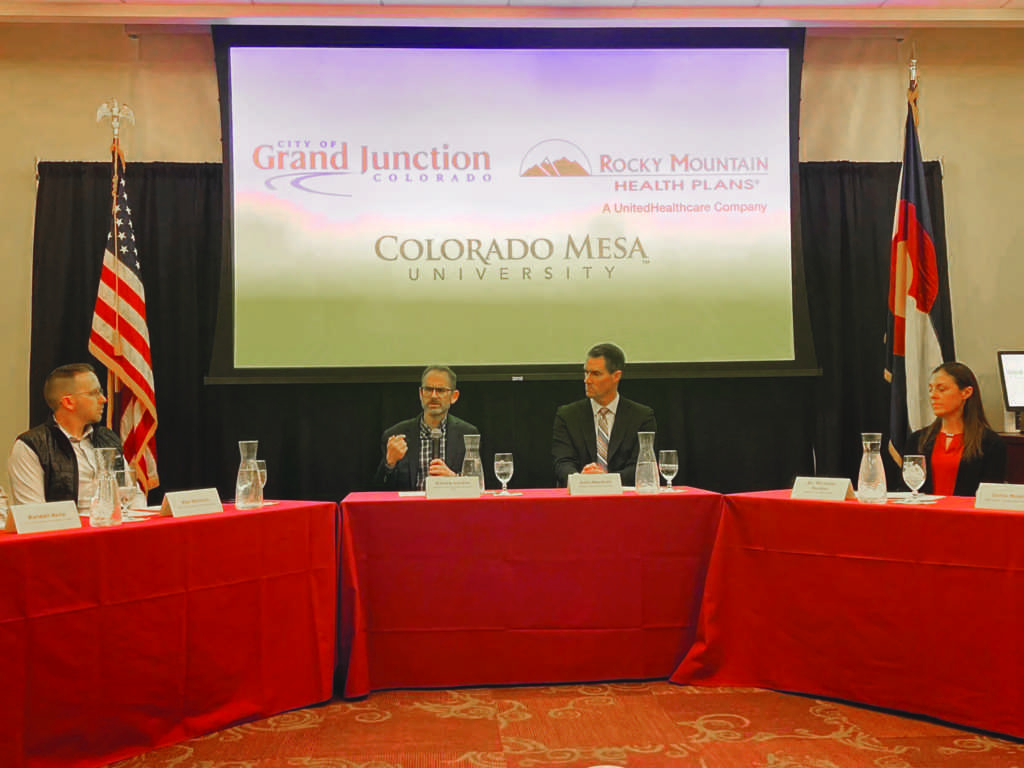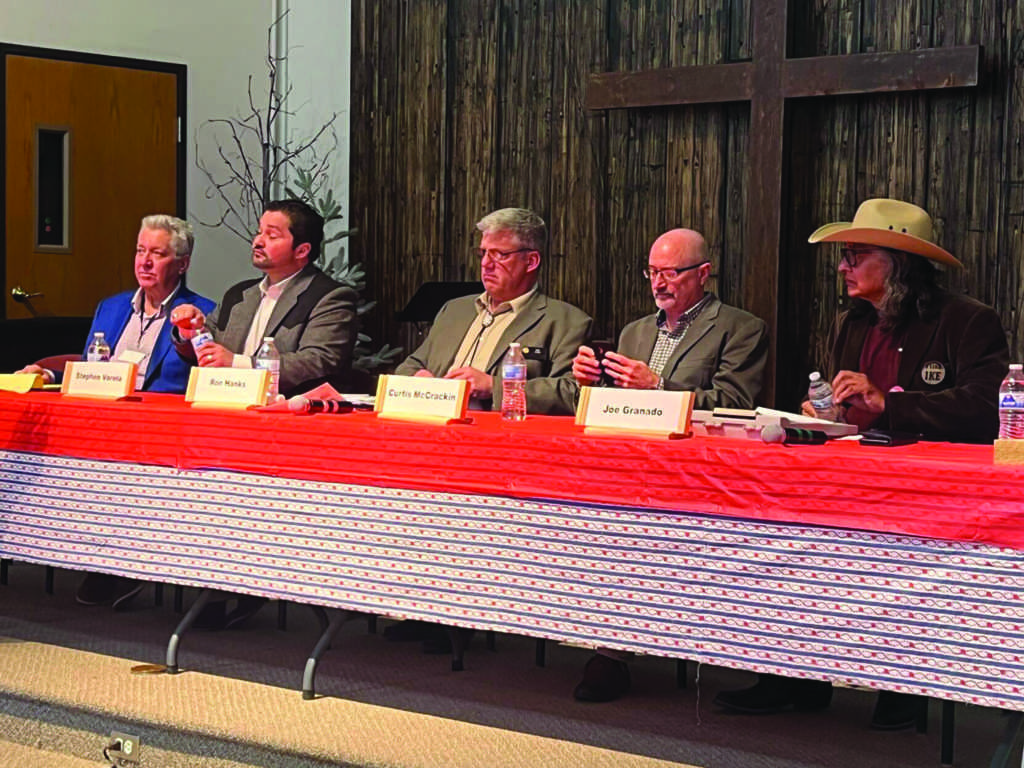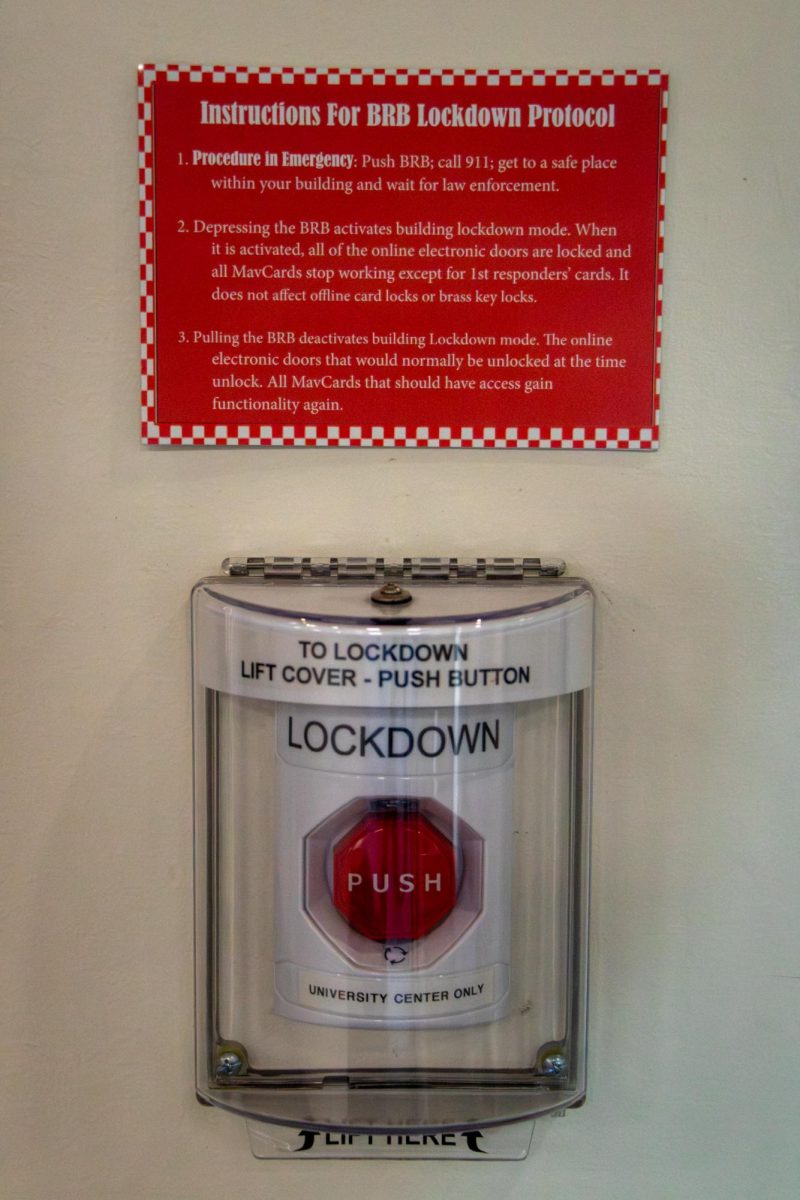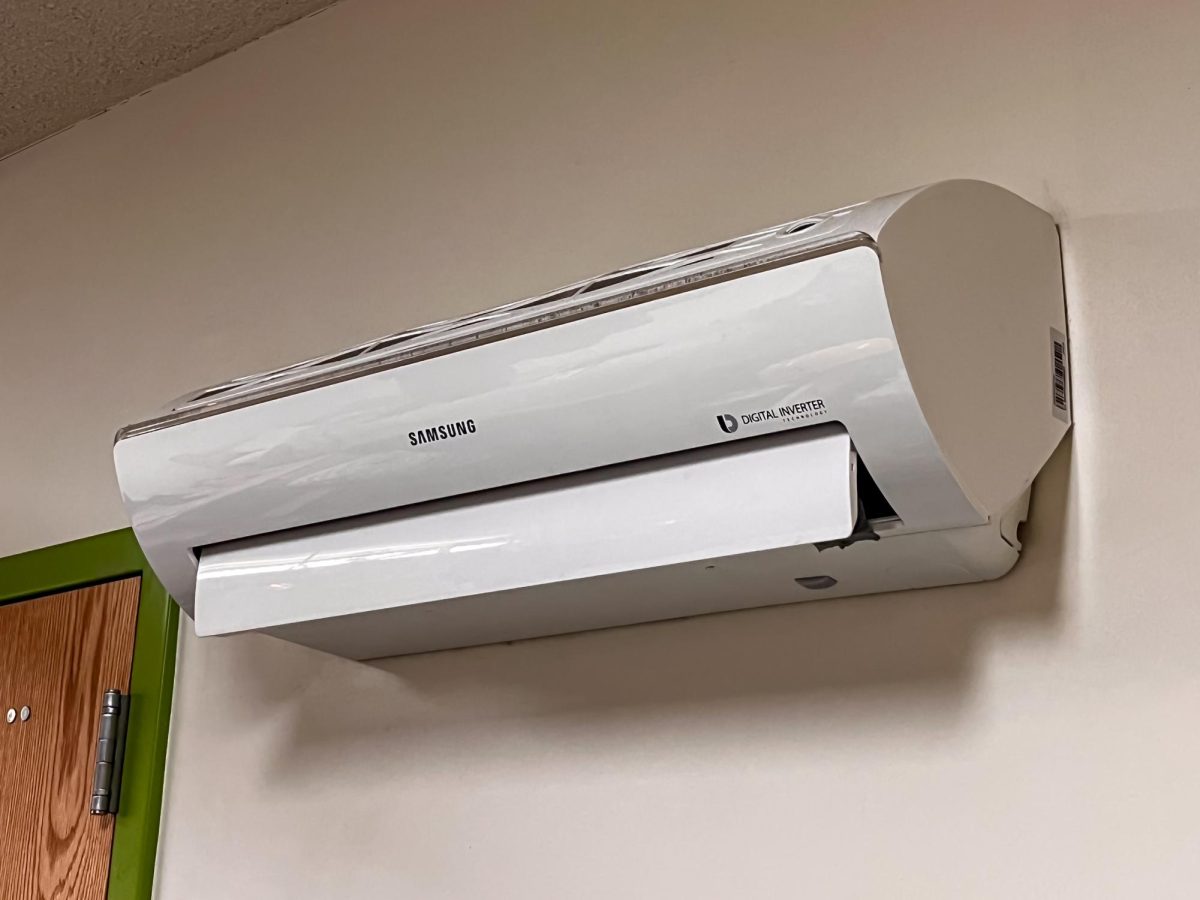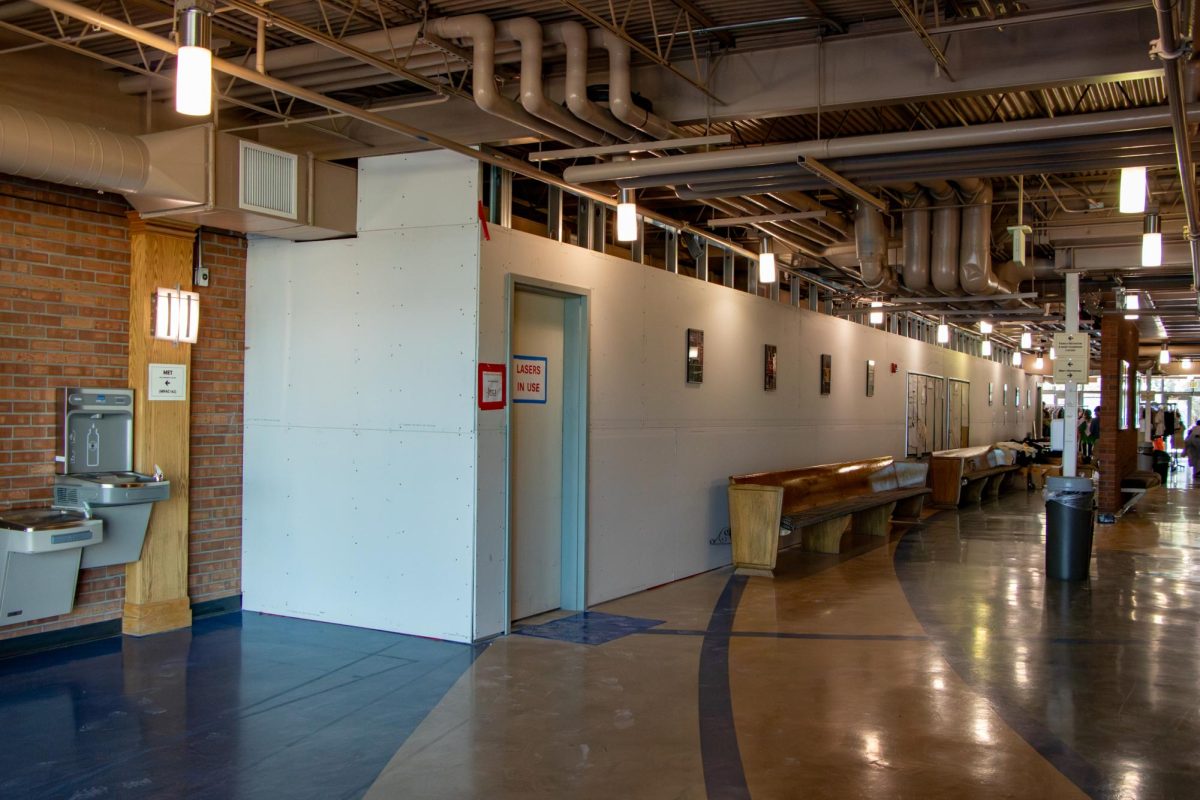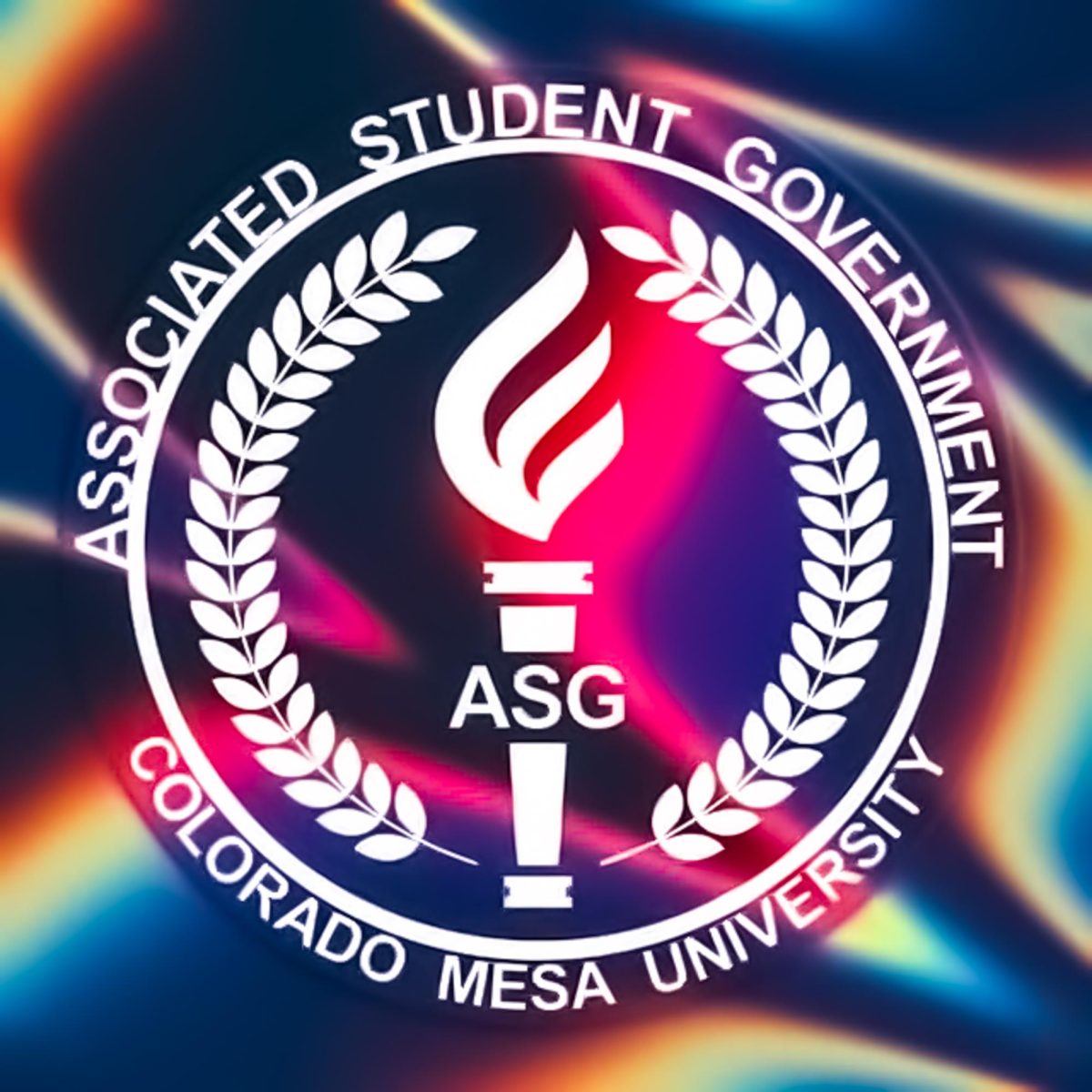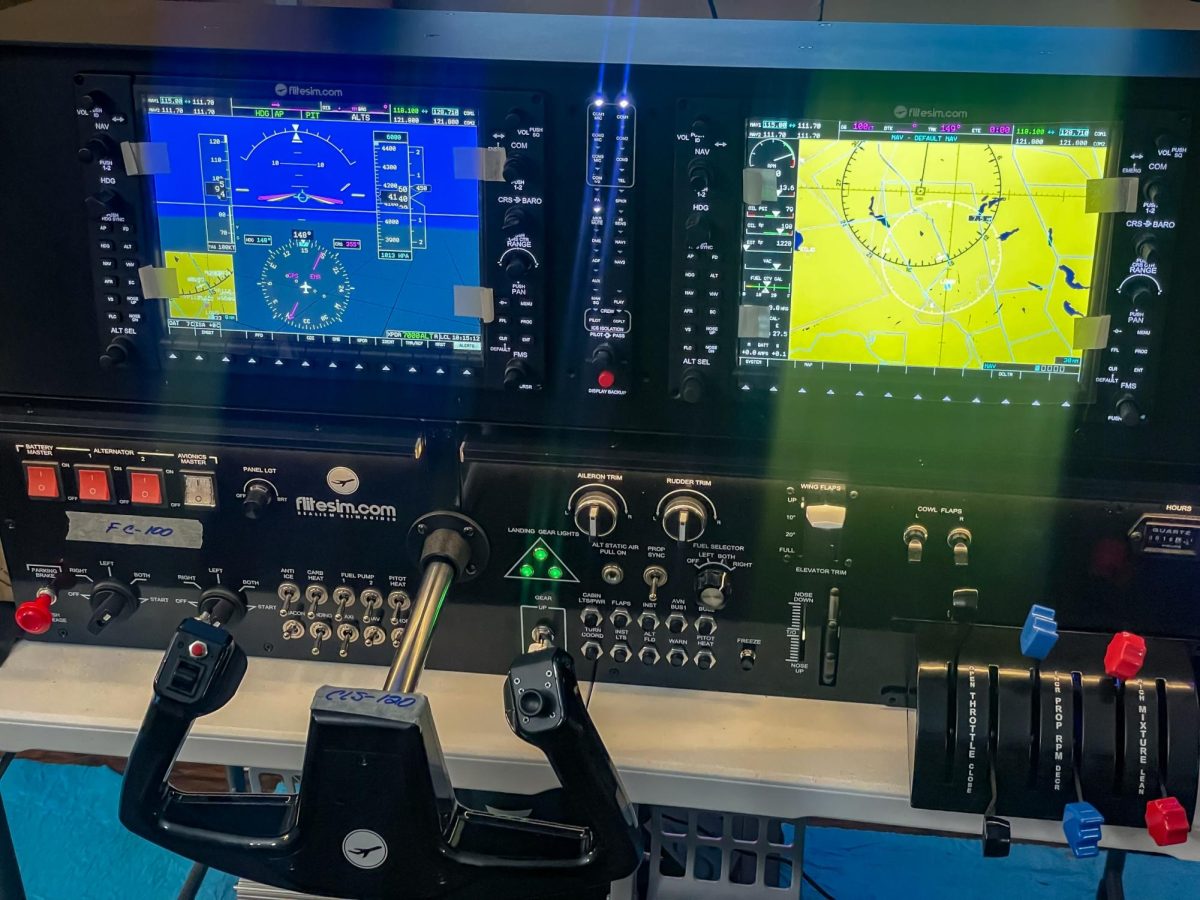Colorado Mesa University opened another body farm this past summer called TB40 for The Back Forty. This area is located at 9,400 feet elevation in South Park Valley. CMU has a body farm that has been open since 2012 near Whitewater, with their first body donation in 2014. A high-desert environment at 4,780 feet elevation, TB40 was create for studying what happens to the body at higher elevations.
Senior CMU student Amanda Miller, has been working as an intern at the Forensic Investigation Research Station (FIRS). Miller explained that there are only eight body farms in the world, seven of which are in the United States.
Miller is also taking a class over at the body farm since she is a biology major and a double minor in chemistry and forensic science.
FIRS’s mission statement according to the CMU website is: “FIRS at Colorado Mesa University is a research, teaching and service center that focuses on forensic taphonomy and related fields.
The mission of FIRS is to learn and teach about the decomposition of human remains in the western Colorado environment. The service component of the facility is pursued in part by sharing the expertise at the Station with law enforcement, lawyers, coroners and medical examiner’s offices, and other as requested.”
“We wanted to contrast with our donors here [at the Whitewater location] and how they differ from that high of altitude,” Miller said. “A lot of times we have hikers that go missing and in the unfortunate event that we find a body, later we can kind of help determine time of death and how long they’ve been dead based on differences in decomposition from our facility and the facility up there.”
Miller explained that altitude changes how bodies decompose.
[media-credit name=”Courtesy of CMU FIRS page” align=”alignright” width=”1660″] [/media-credit]
[/media-credit]
“Since we are the highest in elevation even at the lower elevation we do mummify instead of skeletonize,” Miller said. “That is one of the big things we are watching is how elevation effects mummification at the higher elevations as opposed to this elevation in Grand Junction.”
With the new location, the students and workers can have a better idea of what happens to bodies found on fourteeners or high elevations compared to the decomposition of bodies at the elevation of Grand Junction.
“We have found, collectively as a school here, compared to Tennessee, that we mummify more,” Miller said. “Skeletonization is when a body decomposes, actually all the flesh gets off the body due to maggot activity or insects so that has more bone exposure.
Mummification is when the body becomes hard almost like a rawhide, instead of having bones out, the skin becomes more of a leathery texture. Here, our autopsy ones are more likely to have more skeletonization, but compared to Tennessee we hardly have any skeletonization.”
TB40 does not currently have any human donations, but has pigs, which is what the location in Grand Junction started with.
“I know we want to incorporate some other bodies into TB40 because the coroner wants us to help them out when they have cases,” Miller said.
Not only does this research help with identifying decomposing factors as well as time of death, but they are able to raise awareness about suicide and abuse based on bodies donated to their research.
Miller explained that working at the body farm is great because they are able to help families and victims.
“I think it is really hard when you lose a loved one,” Miller said. “To have the family say that we would really like you guys to have the body for research so that we can help other people, to me that is really amazing. It is something that a lot of people take for granted and not a lot of people want to donate their bodies because they have a misconception about it. But with our facility we have been able to raise awareness about suicide and mental health, as well as violence in the community and being able to have those facts if a hiker does go missing our research can help another victim’s family. For me helping other families is the best part.”




